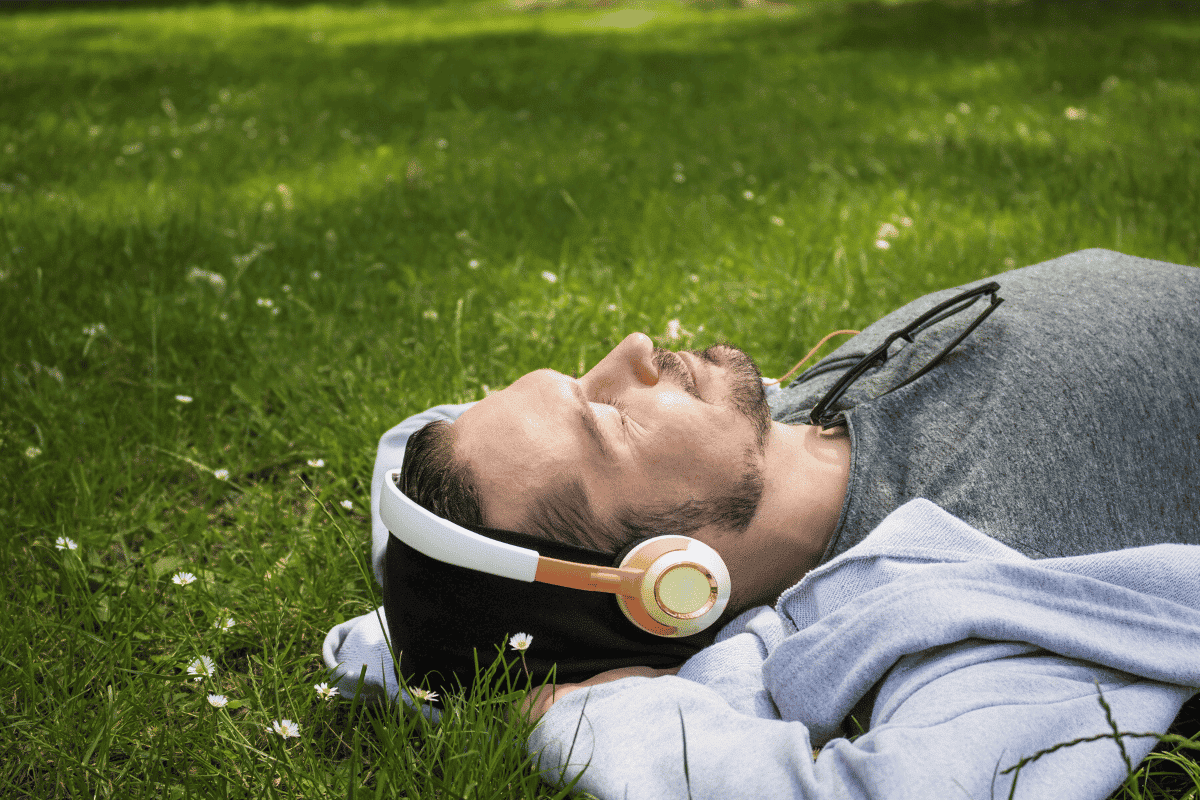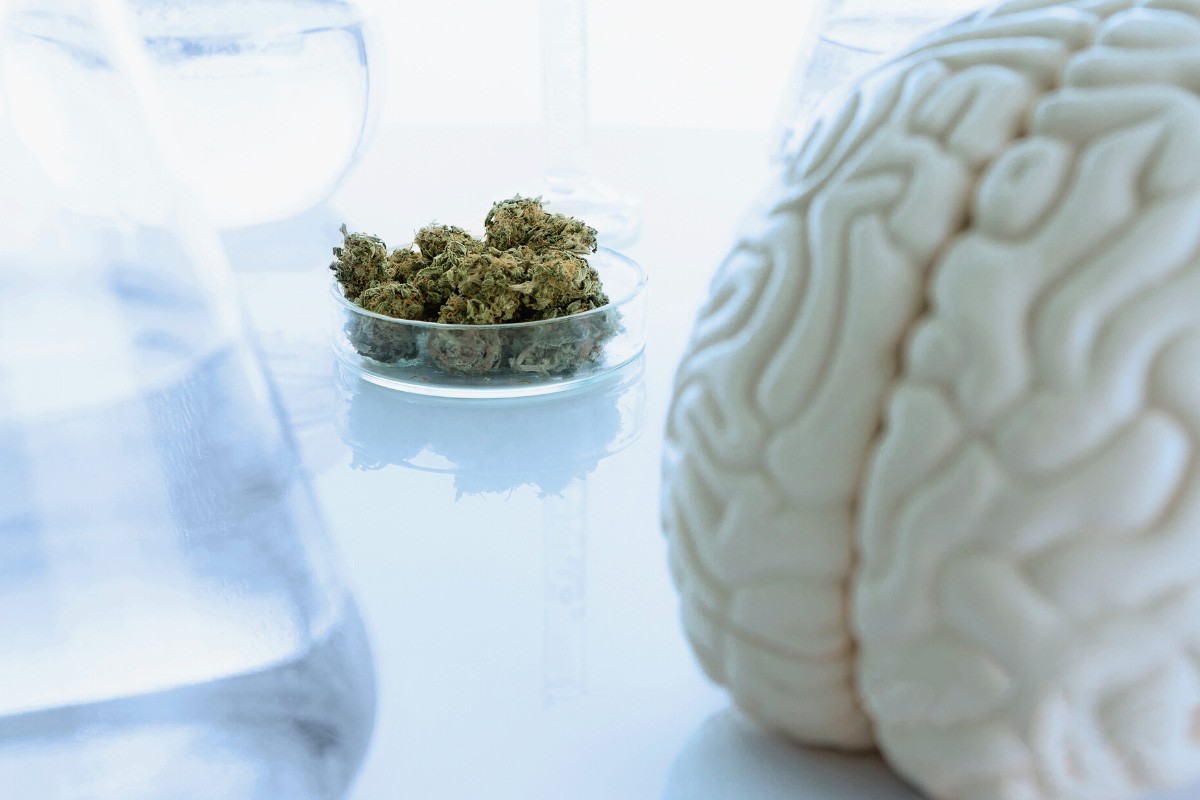Medical cannabis has a variety of indications including chronic pain, chronic inflammatory diseases or even sleep disorders. In recent years, initial attempts have also been made to harness the positive properties of cannabis for the treatment of attention deficit hyperactivity disorder (ADHD). In a recent study (1), a Canadian research team of pharmacologists and psychiatrists led by Dr. Holly Mansell of the Universities of Manitoba and Saskatchewan, Canada, described, evaluated, and published three patient cases on cannabis as a treatment option for ADHD. The reports are based on information provided by the patients, which was reviewed via their medical records and psychiatric testing.
Symptoms of attention-deficit hyperactivity disorder (ADHD)
Attention deficit hyperactivity disorder, ADHD for short, describes a common clinical picture in child but also adult psychiatry. It especially affects boys in their early school years. The typical symptoms are a triad of attention deficit, hyperactivity and increased impulsivity. These children are often striking in social contexts such as school life, as they find it difficult to concentrate continuously on a single thing, to sit still or to make considered decisions. Also sometimes occurring aggressiveness in the context of impulsivity as well as aloofness towards adults often present challenging situations to parents, school or kindergarten staff, as well as the social environment. To be diagnosed, typical symptoms must be present for at least 6 months in different social environments before the age of 7. Thus, ADHD may persist into adulthood and be diagnosed retrospectively for the first time, but it may not be new onset. After completion of adolescence, the symptoms regularly diminish and are often only recognizable by disorganized and erratic behavior, or depressed mood. Two out of three patients are even permanently symptom-free. A multimodal strategy with pharmacological administration and involvement of the families and the respective educational institution is recommended as therapy. The psychostimulant of choice is methylphenidate (Ritalin®), which as an amphetamine derivative induces an increased release and inhibition of the reuptake of noradrenaline and dopamine. Despite good tolerability overall, undesirable side effects such as an increase in blood pressure, sleep disturbances or growth deficits may occur.
Case #1:
Medical Cannabis for ADHD and anxiety disorder
The first patient is a 22-year-old male with long-standing ADHD as well as generalized anxiety disorder. He had been taking a variety of different medications since childhood, including methylphenidate (Ritalin®), as well as various antidepressants and antiepileptics. In his adolescence, he first came into contact with cannabis, which caused him to notice an improvement of his concentration ability. He subsequently consulted a specialized doctor, who prescribed him a medical cannabis preparation in a 1:20 ratio of tetrahydrocannabinol (THC) and cannabidiol (CBD), which the patient took twice a day. Today, he alternates between taking CBD oil and smoking THC-containing flower buds, with the patient subjectively reporting increased symptom reduction from the psychoactive ingredient tetrahydrocannabinol. He would thus be more relaxed, balanced, less anxious, and more open in his interactions with other people. His ability to concentrate also improved in the long term, so the patient describes the medical cannabis as a helpful supplement to his regular medication.
Case #2:
Medical Cannabis for ADHD since school days
The case report on the second patient begins with a summary of his past medical history. The patient was diagnosed with ADHD in early childhood, which is why he has been taking the psychoanaleptic drug methylphenidate (Ritalin®) consistently since the 3rd grade. However, the drug was not able to sustainably improve his emotion regulation. Further, the patient felt the drug would change his personality, leading to a strong reluctance to take it. At the age of 17, the patient began taking lithium, a medication for the prophylaxis of depression, as well as an oily cannabis preparation (CBD:THC in a 20:1 ratio). As a result, he reported an onset of relaxation, increased ability to concentrate, and a feeling of remaining himself. Improved concentration and a decrease in nervousness have enabled the patient to finish school and now run a business full time. He was able to set long-term goals and stick to them. Subjectively, his social life also improved significantly.
Case #3:
Medical Cannabis for ADHD diagnosis at age 20
In case report number 3, the authors discuss a 22-year-old patient who had been diagnosed with ADHD two years earlier. In addition to a treatment regimen of common medications such as dexamphetamine and pregabalin, he also began taking a cannabis medication in a 5:1 ratio of THC to CBD later when the effect was insufficient. He described that the medical cannabis in combination with established therapy had synergistic effects and would calm him, improve his alertness, and allow him to sleep better. Previously tried preparations in other compositions, such as higher THC content reduced his motivation, while CBD-only oils did not have a satisfactory effect on him.
Discussion of Cannabis as a treatment option for ADHD
The authors report that all subjective experiences and emotional states of the patients have also been backed up by established clinical tests. In psychiatry there are several scales and scores that allow the medical team to quantify and classify subjective statements in standardized scores. In all three patients an improvement in the tests for depression (30 – 81 %), for anxiety (up to 33 %) as well as for emotion regulation (22 – 78 %) could be proven after the intake of medical cannabis. The so-called SNAP scale for measuring inattention, which is particularly relevant in ADHD, also showed an improvement of 7 – 30 %. It is important to the authors that in all three cases the medical cannabis was given as an additional medication to an established treatment regimen. This is particularly relevant because plasma concentrations of cannabinoids were frequently undetectable in patients at baseline levels (the lowest daily value), meaning that the medical cannabis was not acting for the full day. The study did not prescribe uniform doses, preparations, and intake frequencies, but rather selected the individually appropriate cannabis product in conjunction with a psychiatrist. According to the authors, who also point out its limitations due to the small size of their study, there are two other case studies on cannabis in ADHD in the literature. In both cases, improvement in ADHD-specific performance tests and a decrease in characteristic symptoms were shown. However, due to the limited number and lack of randomized studies, it is not possible to draw conclusions from these to the total number of ADHD patients. Thus, for the time being, medical cannabis remains an individual therapy trial for ADHD, which may be tried in conjunction with an expert physician if symptom reduction is lacking or established therapy regimens do not work.
The mechanism of Medical Cannabis in ADHD
The mechanism of action of medical cannabis preparations is increasingly well understood. In chronic pain, for example, cannabinoid receptor 1 is involved, which is found at all levels of human pain processing. However, in multiple disorders, such as ADHD, research on biochemical mechanisms of action is still in its infancy. According to the authors, a cannabis-induced dopamine release in an important brain area (striatum) seems to play a role for symptom relief in ADHD. However, anxiety-relieving and calming properties of cannabinoids are probably also part of the overall effect.
Summary:
Medical Cannabis for ADHD
Medical cannabis as an adjunct to an established therapeutic regimen appears to have a positive effect in adult ADHD patients. Characteristic symptoms such as attention deficit, hyperactivity, and impulsivity were shown to be reduced in the present case studies. However, until proven by large-scale randomized trials, this should only be considered as an individual therapy trial, which should only be conducted under expert supervision. No side effects from medical cannabis occurred in the case studies. The ideal cannabis preparation, dosage and intake frequency could not yet be found out for ADHD, so that these parameters should be individually adapted to the patient.








